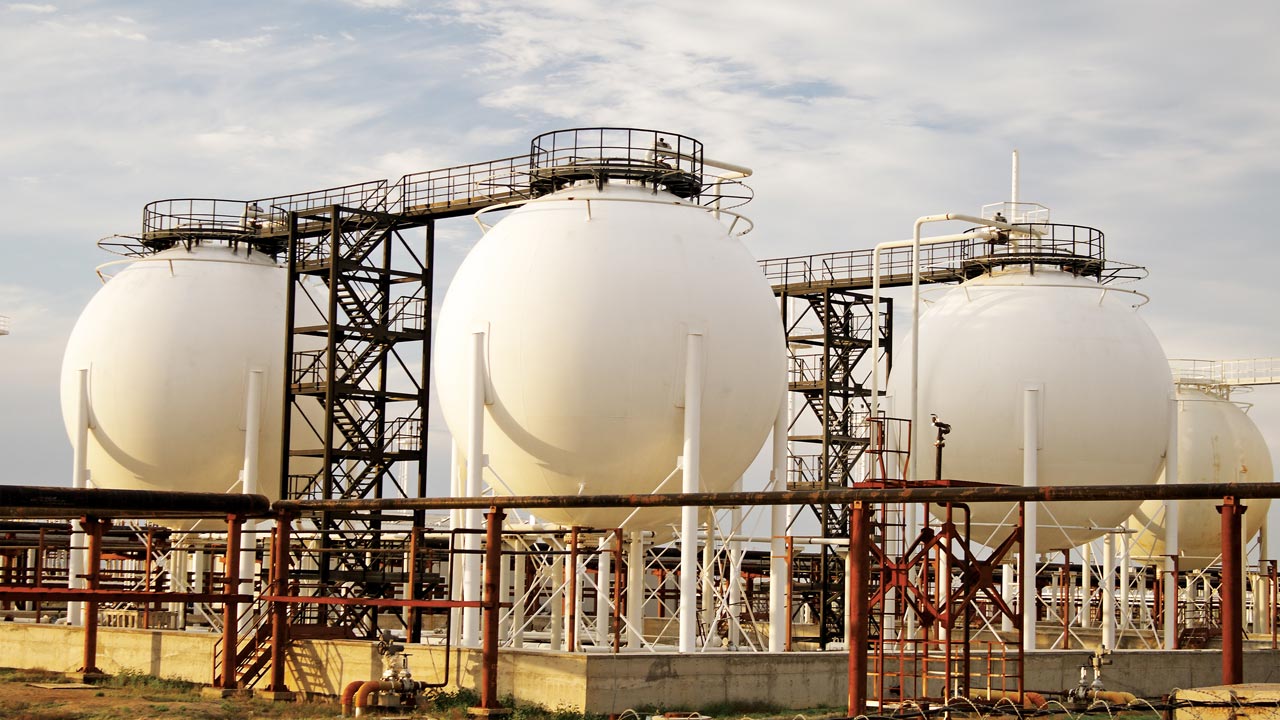- FG to Introduce New Penalty for Gas Flaring
The Federal Government is considering the introduction of a new penalty for brown field sites, especially joint venture and service contracts, which contribute 88 per cent of the total associated gas flared in the country.
The new draft gas policy, produced by the Ministry of Petroleum Resources and made available to our correspondent, described the flaring of natural gas as one of the most egregious environmental and energy waste practices in the Nigerian petroleum industry.
The document said, “The current gas flare penalty of N10/Mscf (equivalent $0.03) of associated gas flared is too low, having been eroded in value over time, and is not acting as intended, as a disincentive. Consequently, the low penalty has made gas flaring a much cheaper option for operators compared to the alternatives of marketing or re-injection.”
It noted that while gas flaring levels had declined in recent years, it was still a prevailing practice in the petroleum industry, adding, “Billions of cubic meters of natural gas are flared annually at oil production locations resulting in atmospheric pollution severely affecting host communities.”
According to the gas policy, gas flaring affects the environment and human health, produces economic loss, deprives the government of tax revenues and trade opportunities, and deprives consumers of a clean and cheaper energy source.
It stated that a whole suite of anti-flaring legislation and initiatives had been introduced over the years to minimise gas flaring in Nigeria.
“Although Nigeria still flares a significant portion of its gross natural gas production (19 per cent of associated gas, 331sbcf in 2015), the amount of gas flared has significantly reduced in recent years. Its ranking has dropped from the second to fifth largest natural gas flaring country in the world (according to Cedigaz and OPEC).”
On gas flare-out targets, the document said the government planned to open an industry consultation mechanism as an important measure in ensuring flaring targets were feasible and regulations realistic.
According to the gas policy, the intention of government is to increase the gas flaring penalty to an appropriate level sufficient to de-incentivise the practice of gas flaring whilst introducing other measures to encourage efficient gas utilisation.
It said, “The government intends to develop regulations, which will prohibit any greenfield gas project from moving forward until there is a proper integrated plan for the development of the hydrocarbons, thereby ensuring that no gas flaring occurs during production of hydrocarbons, except in very special circumstances such as emergencies for operational reasons.”
It said for existing associated gas fields, brown field sites, the government would also consider other options to ensure significant gas flare reductions.
The policy said, “Operators of existing AG fields need to produce integrated gas flare reduction plans; they will then be expected to implement those plans.
“The government will consider a new sliding scale penalty to be introduced for existing brown field sites, especially for the JV and service contracts, which contribute 88 per cent of the total associated gas flared in the country.
“Existing AG fields need to start planning and investing in the utilisation of the associated gas to be supplied into the market, and to come up with economic plans for their development.”
The gas policy said the government would consider regulations to allow for open access to gas-gathering pipelines, to ensure that flared gas had access to gas gathering systems and gas processing facilities.
According to the document, if the proposed regulations do not prove enough, the government will consider further measures for effective and significant gas flare reductions.

 Forex2 weeks ago
Forex2 weeks ago


 Naira1 week ago
Naira1 week ago
 Naira4 weeks ago
Naira4 weeks ago
 Company News4 weeks ago
Company News4 weeks ago




 Naira1 week ago
Naira1 week ago
 Billionaire Watch1 week ago
Billionaire Watch1 week ago




 Naira3 weeks ago
Naira3 weeks ago




 Naira1 week ago
Naira1 week ago





















